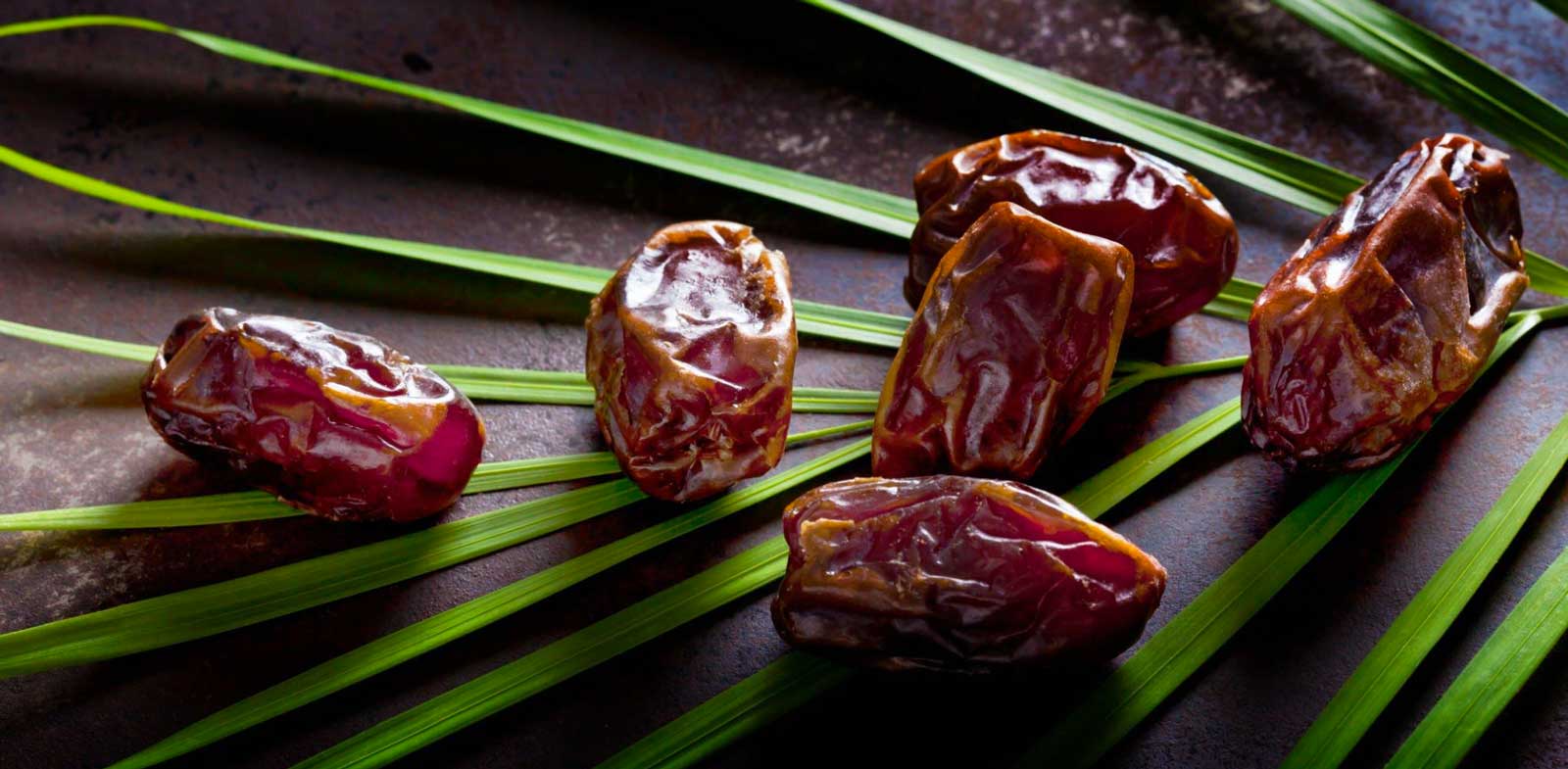
The History and Origins of Dates: A Journey Through Time
Dates have a rich history that dates back thousands of years. They are believed to have originated in the region known as the Fertile Crescent, which encompasses modern-day Iraq, Iran, and the Arabian Peninsula. The date palm tree, scientifically known as Phoenix dactylifera, is native to this region and has been cultivated for its fruit for over 6,000 years.
Ancient civilizations such as the Sumerians, Babylonians, Egyptians, and Persians revered dates and considered them a symbol of fertility, abundance, and prosperity. The date palm tree was highly valued for its ability to grow in arid climates and provide a reliable source of food in desert regions.
Dates played a significant role in the diet of people living in the ancient Middle East. They were a staple food, providing essential nutrients and energy. The cultivation of date palms spread across different civilizations and became an integral part of their agricultural practices and economies.
The popularity of dates extended beyond the Middle East, reaching other regions through trade routes. Phoenician merchants are believed to have introduced date palms to North Africa, including present-day Morocco, Algeria, and Tunisia. From there, dates were introduced to Mediterranean countries like Spain, Italy, and Greece.
With the expansion of Islamic civilization, dates became closely associated with Islamic traditions and customs. The Prophet Muhammad is reported to have praised dates for their nutritional value and recommended their consumption. Dates became an important part of Islamic dietary practices, particularly during the holy month of Ramadan, where Muslims break their fast with dates and water.
Today, date palm cultivation is widespread in regions with a suitable climate, including the Middle East, North Africa, parts of Asia, and the United States (mainly in California and Arizona). Different varieties of dates are grown, each with its unique characteristics, flavors, and textures.
Dates continue to be highly valued for their nutritional benefits, versatility in culinary applications, and cultural significance in various societies around the world.

